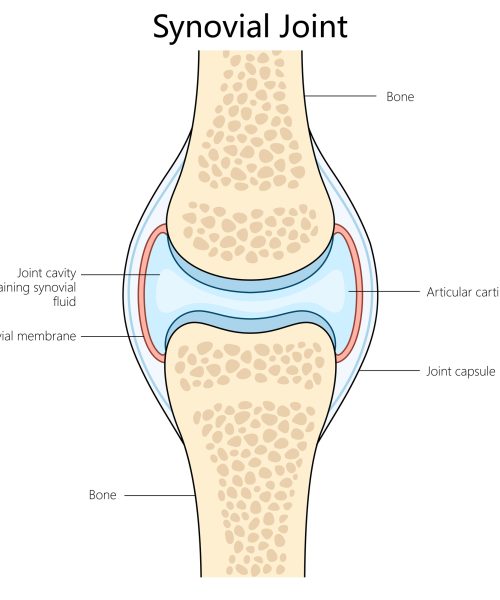In a world first, researchers at the University of British Columbia (UBC) in Canada successfully transplanted a human donor kidney that they artificially swapped from someone with type-A blood to the universal type-O. The breakthrough may pave the way for the creation of a universal donor blood supply, as well as the ability to pull off similar results with other vital organs.
The riskiest and often most difficult part of an organ transplant procedure is the distinct possibility that a patients’ body will reject the organ itself. The culprit is often your overly skeptical immune system, which may attack a transplant as though it were a foreign object. The risk of rejection can be offset by carefully matching the molecular similarities between a donor and patient and making sure the patient is on a regimen of immunosuppressants. However, current treatments are far from perfect. An estimated 15 to 20 percent of all kidney transplant recipients will deal with consequences of an organ rejection.
Those rates may start falling thanks to a breakthrough trial detailed recently in the journal Nature Biomedical Engineering.The trial is the culmination of over a decade’s worth of work, and relies on specially designed, lab-grown enzymes.
Antigens have long been one of the primary issues during organ donation. These sugars that coat organ blood vessels help determine a person’s blood type. At the slightest hint of a problem, a transplant recipient’s immune system will go into attack mode. This is why complications can arise even when someone with type-A blood receives an organ with the same blood type. However, type-O blood is consdiered universal, and can be given to a wider pool of recipients. Because of this, donor networks are frequently strained, since over half of kidney transplant waitlists are composed of type-O patients.
To avoid the worse-case outcomes, current preparation to avoid transplant incompatibility involves stripping away antibodies using harsh immunosuppressants. Not only that, but the organs must come from living donors as quickly as possible. However, in 2019 pathologists discovered a pair of enzymes that dissolves the sugars defining type-A blood. Once eliminated, the blood became functionally type-O.
“These enzymes are highly active, highly selective, and work at very low concentrations That made the whole concept feasible,” study co-author Jayachandran Kizhakkedathu said in a statement.
A few more years of analysis and experimentation pushed the technique’s capabilities further. In 2022, collaborators successfully converted the blood type of lungs and kidneys outside the body. From there, it was a matter of confirming the process can be replicated in a living human patient.
The answer came in 2023, thanks in part to the family of a patient who had a complete loss of brain function. After learning of the recent research, the person’s relatives consented to attempting an enzyme-altered kidney transplant into the person’s body.
“It was working beautifully,” recalled Kizhakkedathu after reviewing the data. “I was so thrilled. It was a dream moment.”
For about two days, the kidney worked without any hint of hyperacute rejection. This type of rejection is the most intense unwanted outcome, and can destroy a rejected organ in minutes. On the third day, a few type-A blood markers resurfaced and caused a mild reaction. Even so, the organ sustained far less damage than a regular mismatch, and the team even documented indications that the body was learning to accept the organ.
“This is the first time we’ve seen this play out in a human model. It gives us invaluable insight into how to improve long-term outcomes,” explained Withers.
If the team receives an approval for clinical trials, they will next work on further developing these enzymes—first for creating universal donor blood, as well as applying the advancements to other organs.
“This is what it looks like when years of basic science finally connect to patient care,” said Withers.






